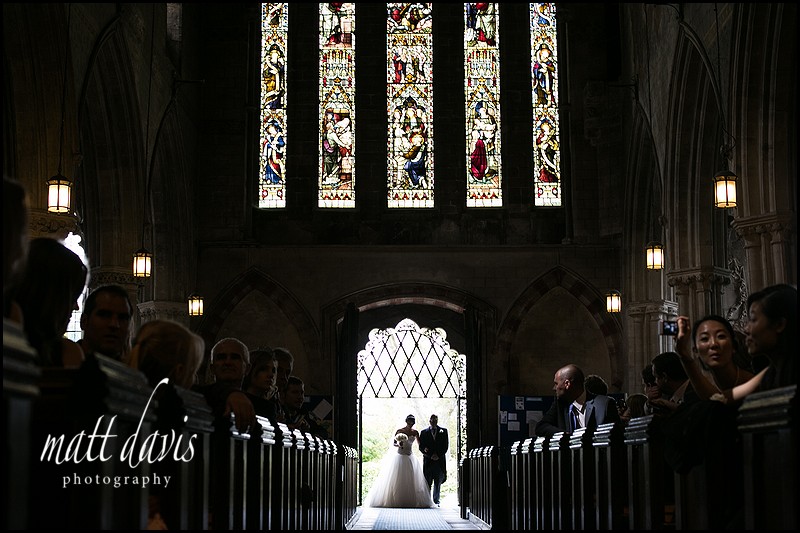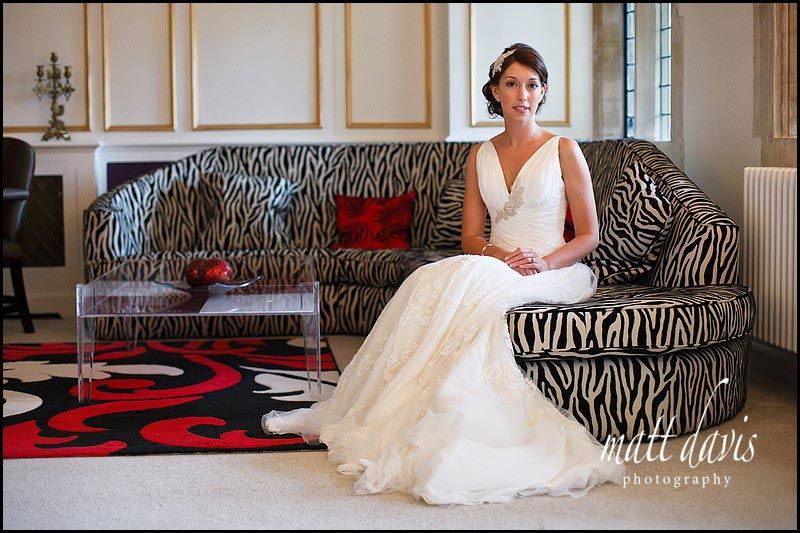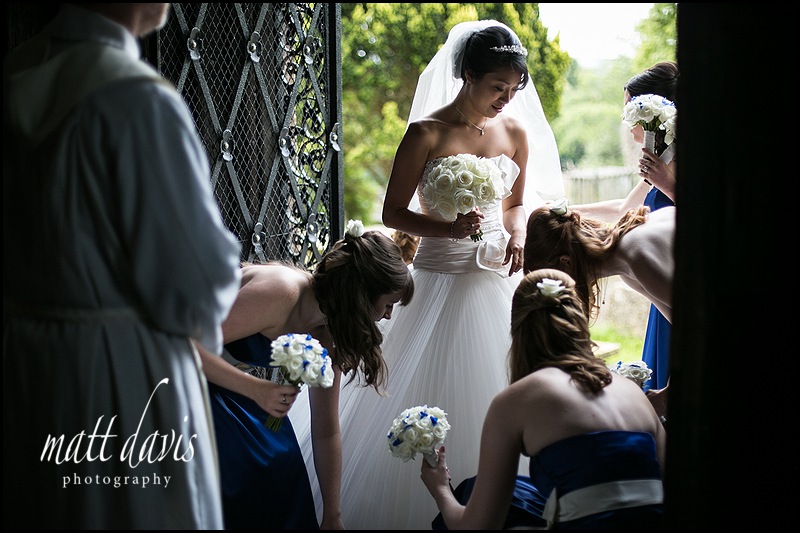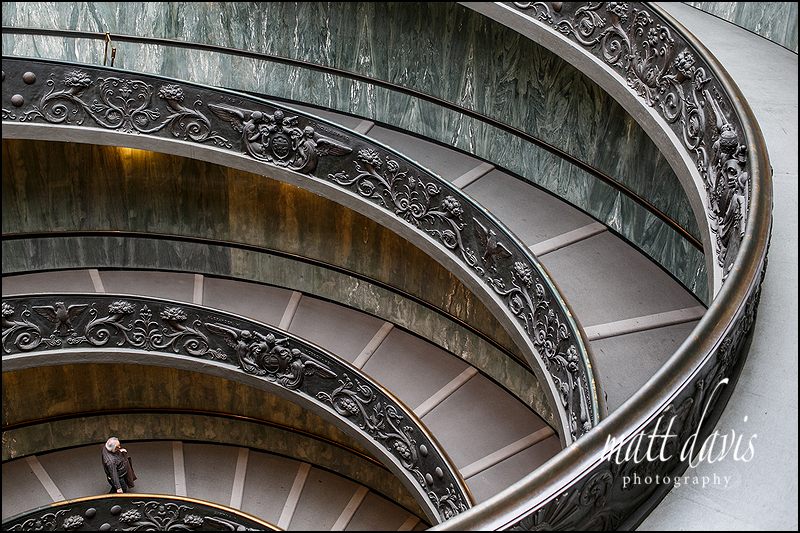If you’ve arrived at this blog post, it’s either a random act of Googling, or you’ve contacted me as you’d like to become a wedding photographer (or perhaps a photographers assistant). Whilst I wish I had time to respond to all these enquiries individually, unfortunately the reality of running a full time photography business means I need to service my clients first, then should I have spare time, I try to enjoy it with my family.
To save on multiple emails and sending out varying snippets of info I’ve therefore created this blog post to help a few of you out who ask me about my job, and working in the industry as a wedding photographer.
There are no shortcuts on how to become a professional wedding photographer, but to offer a step in the right direction here are a few tips below.
Six tips to become a wedding photographer
Firstly there are a plethora of aspiring photographers out there in this world. I have enquiries for work placements and photography assistants on a regular basis. Yet to date, none have stopped me in my tracks to think, “WOW this person is really worth considering”.
That last paragraph may be tainted with slight sarcasm, but consider this: owning a hammer does not make you a builder, neither does owning saucepans make you a chef. If you’ve recently bought a DSLR, please don’t make rash decisions about becoming a photographer, get and do some groundwork first. Here’s what I’d suggest.
1. Practice
It’s that simple. If you want to be good at something, dedicate the time to doing so.
“Talent is cheap; dedication is expensive.” – Irving Stone
“There are no shortcuts to any place worth going.” – Beverly Sills
“The joy is in the journey.” – Matt Davis (me!)
It’s no good just wishing you were a photographer whilst browsing Amazon looking for your next fix of camera kit to buy. Trust me, you don’t need that new lens, or an upgrade to your camera body. A bigger zoom doesn’t mean better pictures, likewise more mega pixels isn’t going to improve your photography either. Shut down safari, stick on some sneakers, cruise out of your comfort zone and go take some photos.
Give it a few years and you’ll become a better photographer and a better prospect for the next time you contact local photographers seeking an apprenticeship.

10 Years ago I wouldn’t have been able to take the above photograph. What I now know is how to read light better, I’ve also improved my ability to compose dramatic photographs, and with much more experience of photographing weddings am prepared to take the risks involved in capturing this shot, despite seconds after, still needing to provide ‘typical’ photos of the bride as she walks down the aisle.
Becoming a good photographer takes time, don’t rush it, enjoy the journey.
If you do need some new photography kit though, may I suggest: London Camera Exchange, Park Cameras, Mifsuds, and Wex Photographic, along with the more well known high street shops such as Argos, Dixons, PC World, Currys etc.
2. Critique your own and others work
If you can’t be honest with yourself or don’t take criticism well, step away from this blog post now.
It’s time to open up a new browsing window and search Google for ‘wedding photography‘. Here, I’ve even done it for you, just go to the ‘image search’ tab once it’s done.
Now ask yourself this, is your photography even close to, or better than the majority of images you can see? Probably not, so you’ve got a long way to go right?
Here’s the answer: Get yourself onto sites like Photosig, PBase, Fotocommunity etc and start to put photos up for critique. Now, don’t be lazy here either. If you want to improve you also need to critique others work. This not only gives back to other online users, but also helps you to understand what makes good photos. Sure, you’re not gonna be an ace at this straight away, but with ‘practice‘ you’ll improve.

When taking the above photo, it’s no co-incidence the brides head falls neatly inside the lines created by the panelling behind her head. The way she is sat, isn’t just how she ‘plopped down’ either. The shape of her hands has been considered too, to ensure it’s an elegant pose. Refinement in a photo helps take it to the next level as a professional wedding photographer.
3. Join a forum
Many answers are already out there, it’s just a case of finding them. No one is going to lead you to them straight away, but if you immerse yourself with like minded folk, you’ll become a sponge and absorb new skills & information on a daily basis.
Join a forum or photo site such as Photo.net and read articles in their wedding photography forum.
Meet up with other like minded people and exchange tips & techniques.
4. Learn some business skills
Are you a business person first, photographer second? If you’ve decided to become a photographer because you like taking photos, do a big u-turn right now.
A quick heads up……most roles associated with professional photography see you spending around 2% of your time actually taking photos. (Note: these are my figures not some qualified statisticians!)
Around 98% of what a full time photographer does is as follows: Marketing, Accounts, Admin, Web Development, Photo Editing, Client Meetings, I.T, Emailing, Social Networking etc etc etc.
You probably have 52 weekends a year, 25 days holiday and 8 bank holidays to enjoy photography. That’s a whopping 137 days a year you could choose to be out with a camera, honing your skills. Further still, as an enthusiast you get to choose the ‘preferred’ day to do so. Enjoy your freedom to take photos for pleasure.
Professional photographers have to take pictures when the light is crap, the weather overcast, the brief tight, and within a deadline of 5 mins. Once complete, it’s back to a darkened room for editing and to finish off the other 98% of tasks that are related to being a professional photographer, yet never include having an actual camera in your hand.

The photo above was taken during a very difficult day as a wedding photographer. Only hours before the ceremony the groom was in hospital feeling very ill. At the last minute he was rushed to the ceremony but could not stand during the wedding vows. Afterwards he was very frail too and I was given limited time to produce some couple portraits. Adding to this, the wedding was a March date, with awful weather and little to work with at the venue at this time of year.
Photography at this time becomes a very pressurised situation. Not only are you concerned about ‘getting the shot’ but equally important are the people around you, which is where a good wedding photographer will show not only skills behind the camera, but also empathy combined with strong will to move on in any situation.
You can view this wedding at Kingscote Barn on my blog and also read a little more about the whole day.
5. Go on photography courses
Sometimes we all need a little help in improving our photography. I for one have invested time and money in photography courses and still no doubt have much more to learn.
If you can’t use a camera in Manual mode, don’t know the difference between a Jpeg and a Raw, or think a histogram is an old fashioned music playing device, then it’s clear you’ve got some theory to catch up on. Photography is not only a creative art, but also very theoretical…..your camera comes with a manual for a reason!
For anyone serious about improving their photography skills, may I suggest one of my half or full day, One to One Photography Courses. Covering anything from the camera basics, though to practical photography sessions with tutoring and portfolio critiques.

To improve my skill set on a wedding day I’ve taken part in several Documentary Photography Workshops over the past few years. The above photo isn’t something you know to take, it’s captured in a split second during a frantic time as the bride enters the church. Anticipating moments and reacting quickly to a given situation is what defines an experienced wedding photographer.
6. Get in shape and get some inspiration
If you asked me to take five different photos of the same thing, the likelihood is I’d change my perspective to achieve at least one of them. By that, I mean you’ll most probably find me lying on the ground to take one of the photos, if not kneeling or bending down. Add to this the need to lug around photography gear for up to 12 hours a day and you’ll soon notice you’re back kinda aches! So stay in shape….. after all a healthy lifestyle is better than a life on the sofa any day.
Whist this isn’t going to improve your photos so much, it’ll increase the chances of you ‘getting the shot’ and being back in business the next day to deal with 98% of the other things we wedding photographers do!
So get out there for some exercise and use that time to do some creative thinking too. Set yourself some goals and look around for inspiration. The world is a beautiful place and you’re better off paving your own way in life rather than following someone else.
There’s an enlightening video on Youtube by John Cleese where he talks about Creativity which is definitely worth a watch.
In addition, if you’re wondering if a career in photography is for you, take a listen to Alan Watts, where he talks about “What would you do if money were no object?”. Whilst slightly off topic from becoming a wedding photographer, in my 37 year existence on this planet, it’s one bit of advice I feel compelled to share.

The photo above is of the staircase in the Vatican Museum in Rome. It wasn’t until after I’d photographed this and later read a guide book, that it is in fact an iconic staircases associated with the museum. I knew I liked it! It’s things like this that give you inspiration, and can then translate as a wedding photographer to your daily work. Imagine this shot with a beautiful bride meandering down the staircase with her wedding dress flowing behind. (Photo shoot in the Vatican museum anyone?)
I also enjoy time away with photographer friends hill walking or dawdling along the many beautiful beaches we have here in the UK. There are loads of opportunities on our doorstep to improve your photography, so get out there and get some shots in the bag. North Wales isn’t a bad spot to start. It may be that wedding photography isn”t for you and the call of high mountain passes is in fact where you should spend your time with a DSLR.
Feedback
If you’ve read this article after contacting me about an assisting position or work experience, then I’m sorry to say this isn’t an option I have at this time. I generally chose to work alone and as a result of providing a professional service to my clients, I have limited time to share and/or teach others ‘whilst on the job’.
Instead, hopefully you will appreciate the time and effort I have put into preparing the above article (4 hours of my Friday night) and can learn from it to help improve your photography.
Do you have any top tips on what it takes to become a wedding photographer?
If you have read this article and found it useful, please share it on your social sites.
